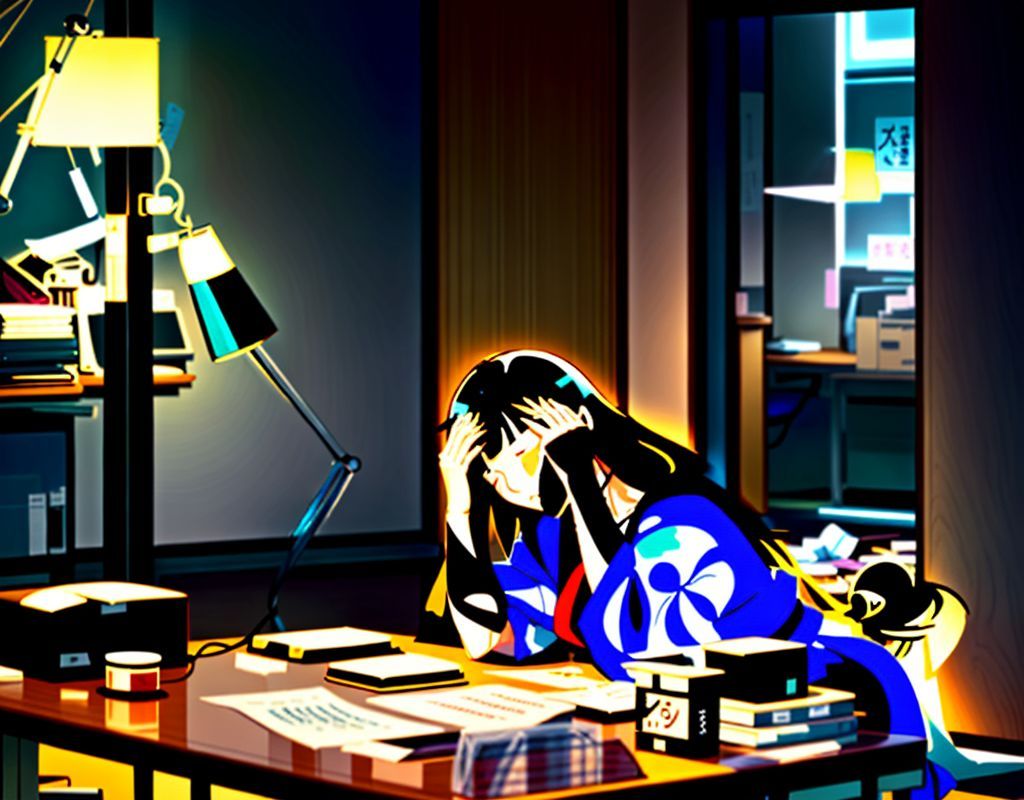
The Art of 'Cleaning Up a Mess': 尻拭いをする
😫 When You Have to Clean Up After Others: 尻拭いをする (shiri-nugui wo suru)
You've lived in Japan long enough to know that responsibility is a crucial concept. But what happens when you have to take responsibility for... someone else's mistake? That's when you need this incredibly descriptive phrase.
What is 尻拭い (shiri-nugui)?
- Literal Meaning: 尻 (shiri) means 'buttocks', and 拭う (nuguu) means 'to wipe'. Yes, the literal meaning is 'to wipe a butt'. 💩
- Figurative Meaning: This is an idiomatic way to talk about having to deal with the consequences or clean up the mess that someone else (usually a subordinate, colleague, or family member) has made. It carries a nuance of reluctance, annoyance, and a feeling of 'why do I have to be the one doing this?'.
🧐 Real-World Usage
This phrase isn't used for fixing your own mistakes, but specifically when you have to 'clean up' after others.
Example 1: At Work 💼
後輩が大きなミスをしたので、結局私が尻拭いをすることになった。 (Kouhai ga ookina misu wo shita node, kekkyoku watashi ga shiri-nugui wo suru koto ni natta.) → My junior colleague made a huge mistake, so in the end, I was the one who had to clean up the mess.
Example 2: In the Family 👨👩👧👦
子供の借金の尻拭いをするのはもう疲れた。 (Kodomo no shakkin no shiri-nugui wo suru no wa mou tsukareta.) → I'm tired of having to deal with the aftermath of my child's debts.
✨ The Key Nuance
Unlike the neutral phrase 「問題を解決する」 (to solve a problem), 「尻拭いをする」 is loaded with dissatisfaction and reluctance. It implies that the person who made the mistake was irresponsible, and you are the one bearing the burden.
Next time you have to fix someone else's blunder, you'll know the perfect, truly native, and emotionally-charged phrase for it. 😉
Thẻ liên quan:
Lan tỏa kiến thức
Chia sẻ những điều hay ho với bạn bè